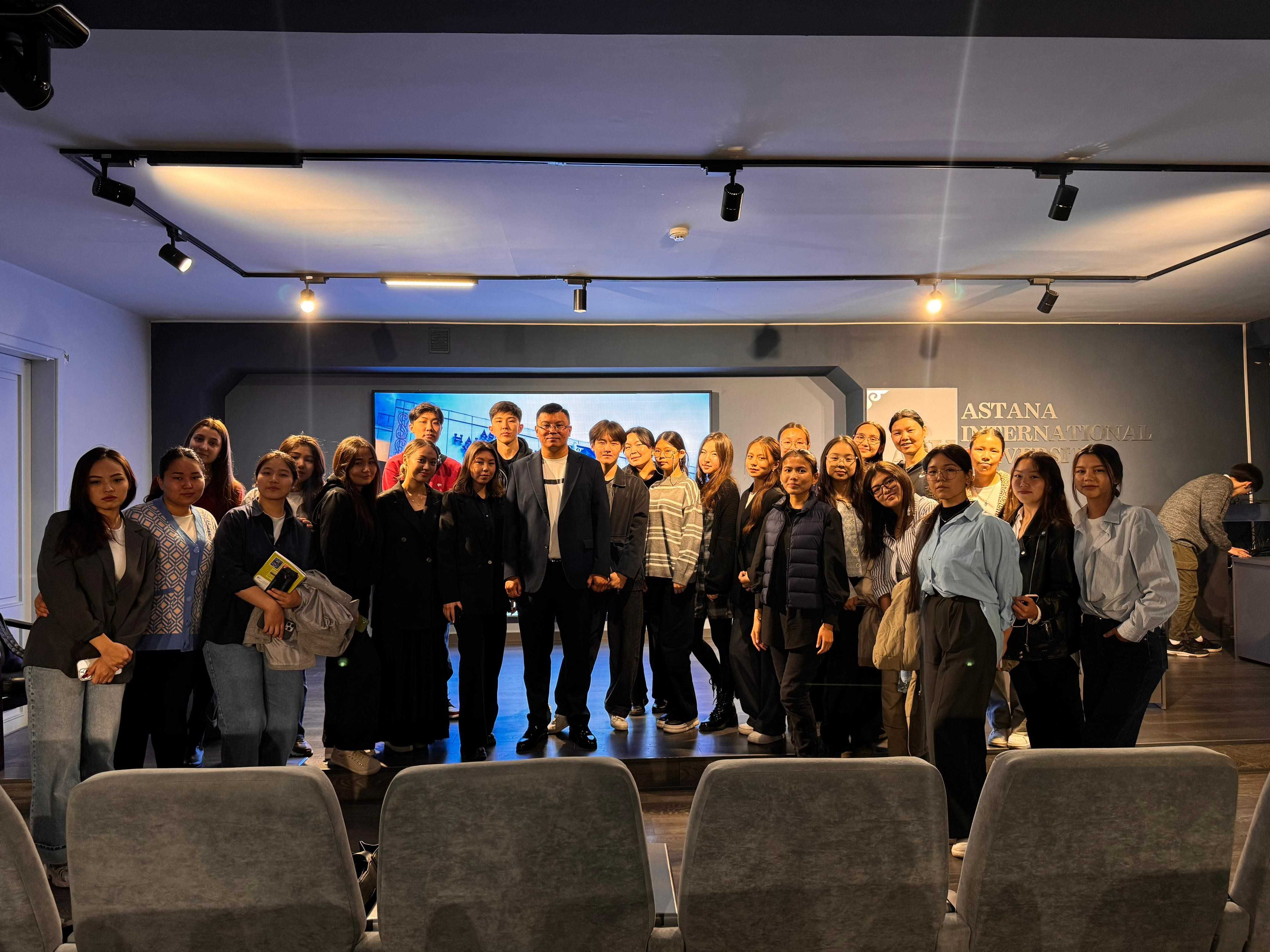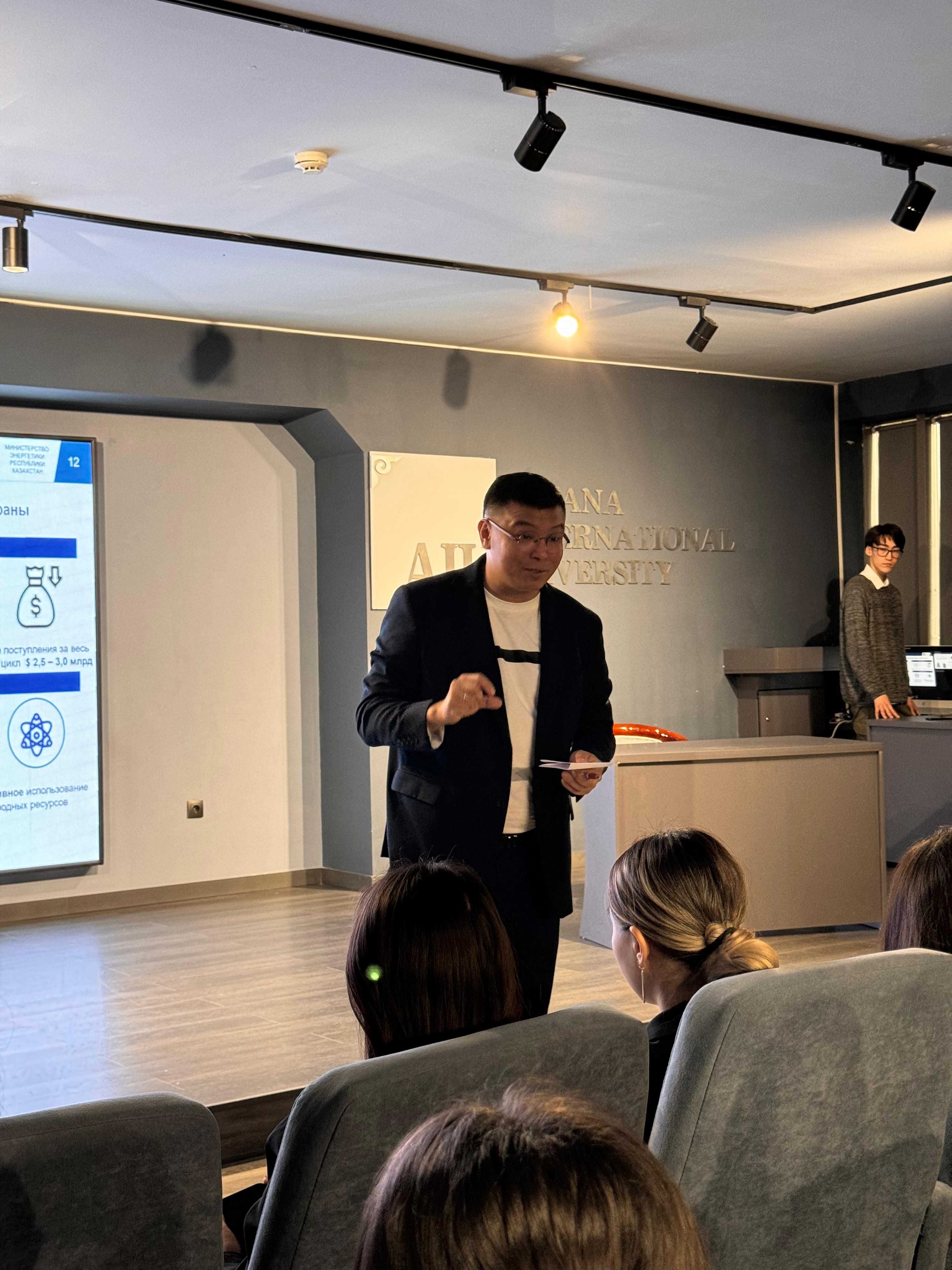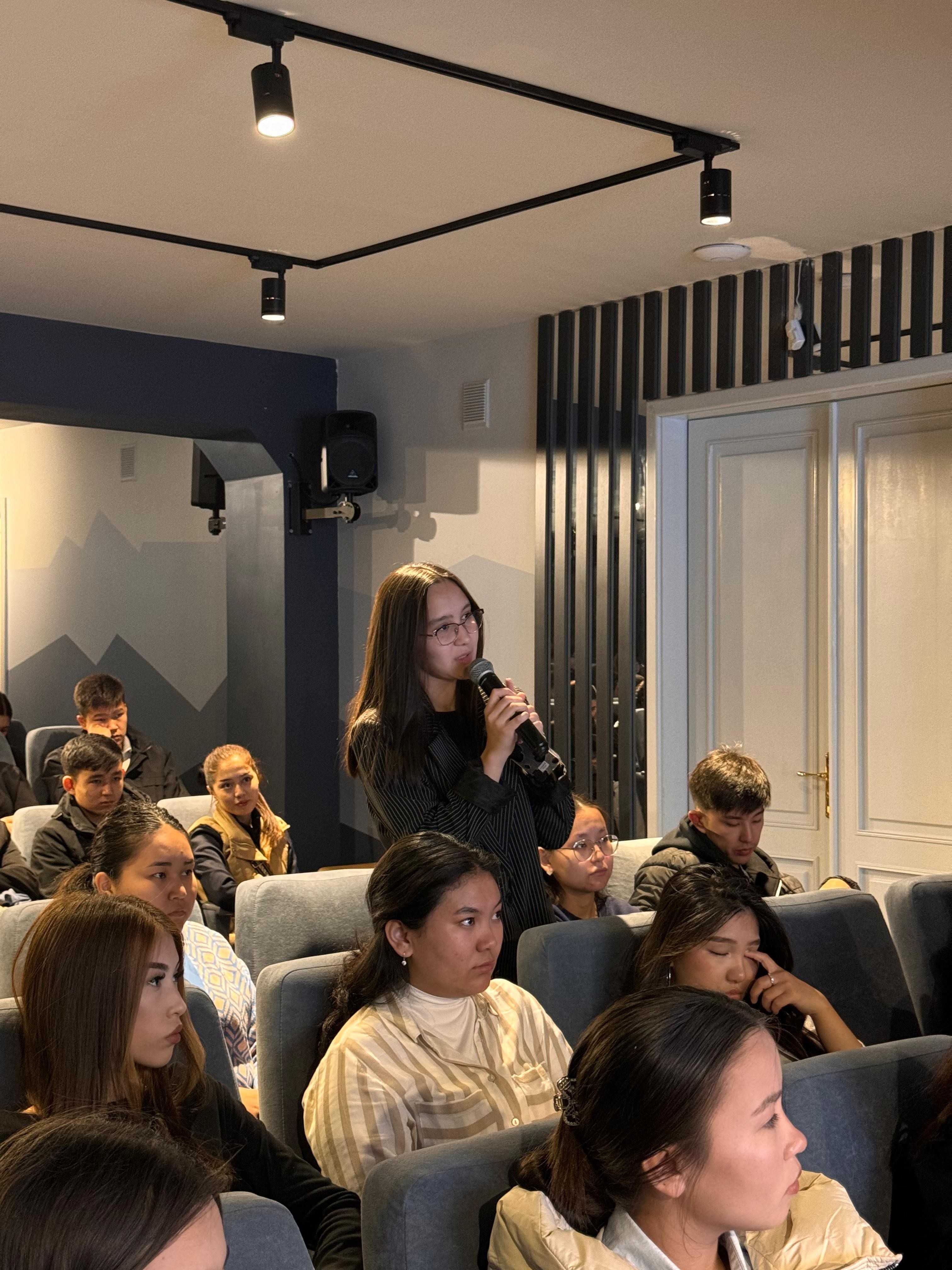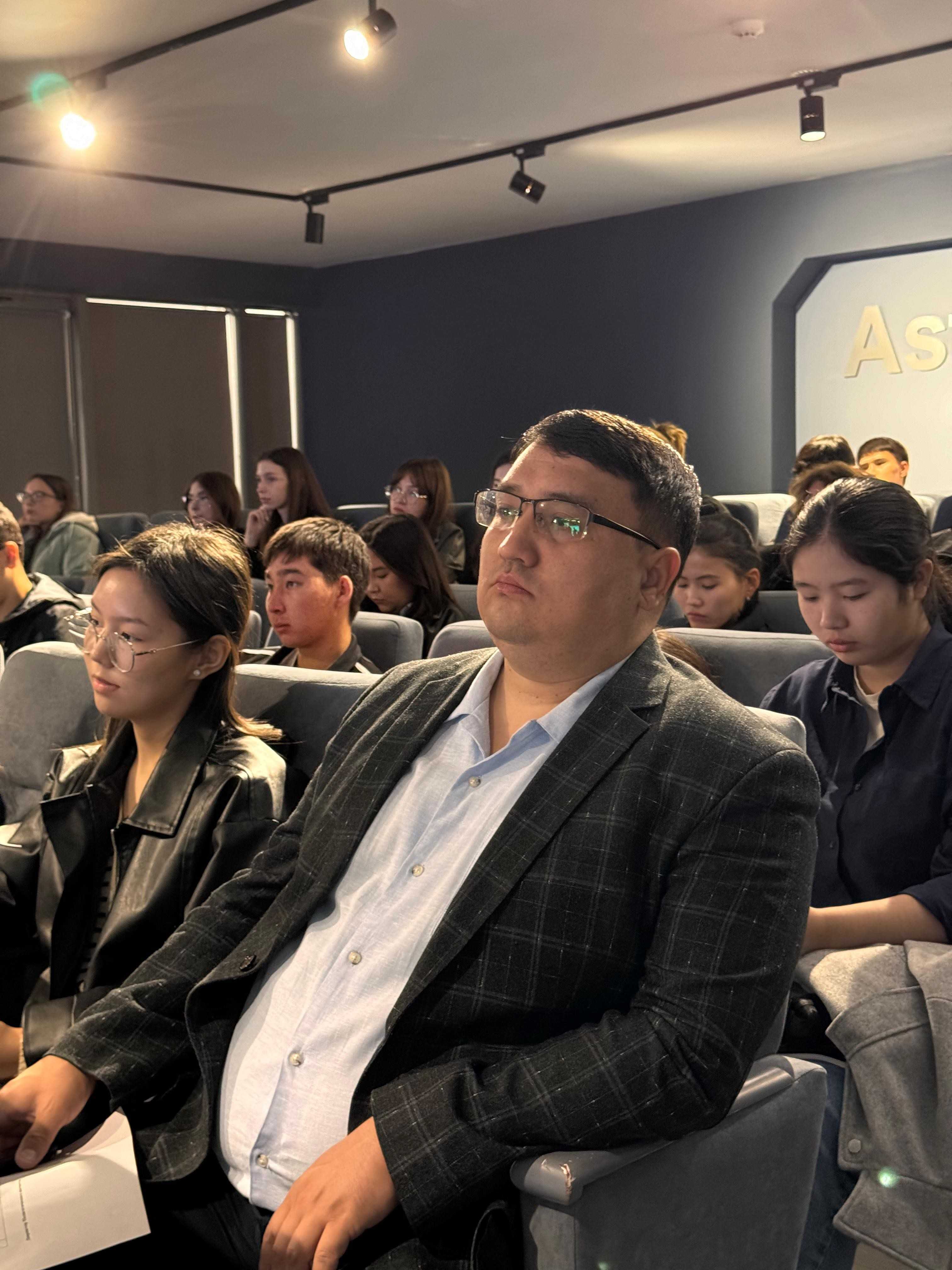Бүгін Астана Халықаралық
университетінде студенттер, ғалымдар
мен сарапшылар
Қазақстан Республикасында атом электр станциясы (АЭС) құрылысының
өзекті мәселелерін талқылады.
Іс-шара еліміздің тұрақты
дамуы тұрғысынан
атом энергетикасының
әлеуетін тереңірек түсінуге
ұмтылатын түрлі мамандықтағы
100-ден астам студенттерді
жинады.
Осы кездесуде "Қазақстанда АЭС салудың маңыздылығы
туралы" презентациясымен физика саласындағы PhD доктор,
қауымдастырылған профессор, "Болашақ"
бағдарламасының түлегі Нұркенов Серік Амангелдіұлы сөз сөйледі.
Дүниежүзілік ядролық қауымдастықтың
мәліметі бойынша, қазіргі
уақытта әлемде 415
ядролық энергетикалық реактор жұмыс істейді, ал тағы 60-ы
құрылыс үстінде. Ең
көп ЯЭР
АҚШ-та (94), Францияда
(56), Қытайда
(56), Жапонияда
(12), Ресейде
(36) және
Оңтүстік Кореяда (26)
орналасқан.
Кездесу барысында ғалымдар,
сарапшылар мен студенттердің
пікірлері айтылды, бұл пікірлер
мен идеялардың
белсенді алмасуына ықпал
етті. Атап айтқанда, экологиялық
артықшылықтар: парниктік газдар
шығарындыларының болмауы, өйткені
атом электр станциялары жаһандық жылыну
мен климаттың
өзгеруінің негізгі себептері
болып табылатын көмірқышқыл газын,
метанды және басқа
парниктік газдарды шығармайды.
Бұл оларды
шығарындыларды азайту және декарбонизация
мақсаттарына жету үшін күресте
маңызды құрал етеді.
Технологиялық даму перспективалары,
атап айтқанда: атом энергетикасын
дамыту материалтану, робототехника, ақпараттық технологиялар
және басқа
да ғылымды қажет ететін салалардағы инновацияларды ынталандырады. жаңа буын
реакторлары және қауіпсіздік
жүйелері егжей-тегжейлі қарастырылды.
Атом энергетикасының
болашағы туралы болжамдар,
соның ішінде ықтимал жаңа
нарықтар мен тенденциялар.
Жалпы айтқанда, атом энергетикасы
тұрақты және экологиялық
таза болашақты
қамтамасыз ете отырып, Қазақстанның
энергетикалық стратегиясының маңызды элементі
бола алады.
Студенттер атом энергетикасы
саласындағы заманауи технологияларға
және аймақтың
экономикалық дамуына мүмкіндік
беретін мүмкіндіктерге қызығушылық танытты.
Астана Халықаралық университеті
сыни ойлауды
дамытуға және студенттердің
Қазақстандағы энергетиканың болашағына қатысты
маңызды мәселелерге тартылуына
ықпал ете отырып, осындай іс-шараларды өткізуді
жалғастырады.




